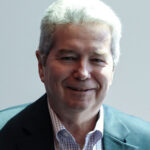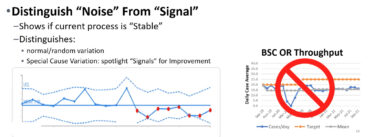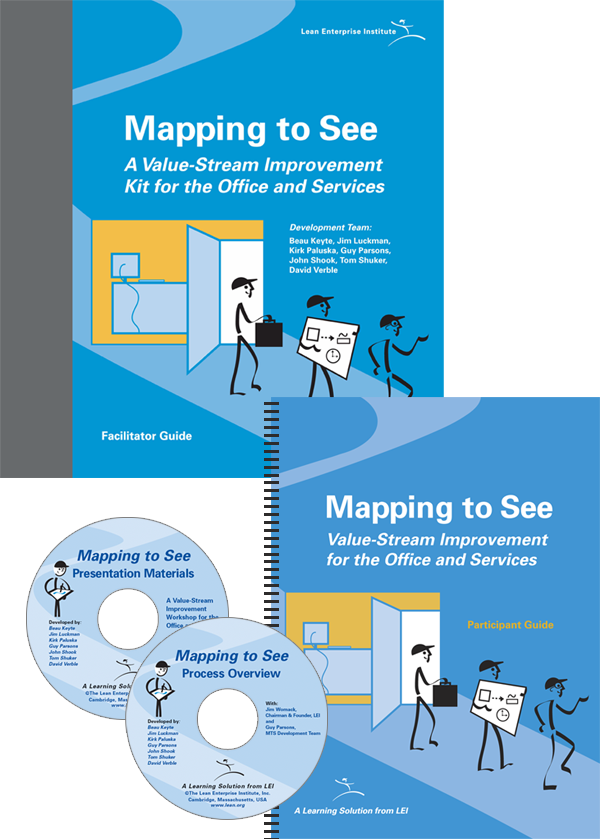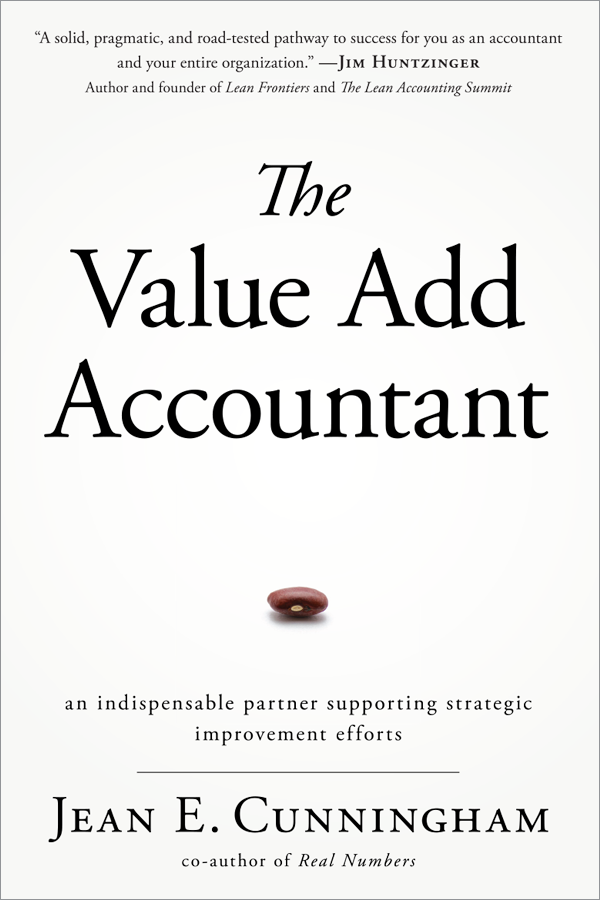Since 2008, the Lean Enterprise Institute has sponsored the Excellence in Lean Accounting Award to fund scholarships helping pairs of students and professors attend the annual Lean Accounting Summit.
The award, created by summit organizer Lean Frontiers and administered by the nonprofit Lean Education Advancement Foundation (LEAF), recognizes teacher/student pairs who attended a previous summit then applied what they learned in the classroom. Winners are selected by a panel of lean accounting thought leaders.
Since the lean accounting movement seeks a shift from traditional cost accounting practices to ones that are more understandable, more accurate, and that correctly measure and motivate companies implementing lean management principles, we decided to check if any kind of shift was actually happening.
 |
| Dan Harris, PhD, assistant professor of accounting |
In this series, we’ll talk to past award winners to learn what impact the scholarship and award has had on the teaching and practice of accounting. Here is what we learned from Dan Harris, PhD, now assistant professor of accounting, Arthur J Bauernfeind College of Business, Murray State University, KY. He won the 2010 award.
Chet Marchwinski: Has winning LEI’s Excellence in Lean Accounting award and attending the Lean Accounting Summit affected your classroom teaching or your career in any way?
Professor Harris: Absolutely. It definitely had an impact. Lean accounting became the focus of my dissertation and led to the publication of a paper. When I received my PhD in 2012, my first job was at the College of Charleston in Charleston, South Carolina, teaching all the undergraduate cost classes. The last couple years I was there, I taught the graduate management accounting course in the master’s program. In it, we talked a lot about lean. In fact, I had the students each year do a lean paper, a significant paper. They had to pick a lean company, and do a paper on it. I am now at Murray State University where I’m working on a new paper on lean accounting.
CM: It sounds like you’re continuing research into the topics.
Harris: Absolutely. In fact, today, this morning, I was actually pulling data for the new paper.
CM: I remember at the 2010 Lean Accounting Summit, where you won the award, you talked about doing the PhD dissertation, comparing companies pursuing lean with those that weren’t. There was a lot of interest in that topic among the attendees. Do you recall your findings?
Harris: I compared lean companies and non-lean companies in a matched-pairs study. Due to the difficulty in matching companies and the time consuming nature of the research, there were only a maximum of 29 matched pairs for that one. So, that made for a small study, but there were significant results. The lean companies significantly outperformed the non-lean companies in return on net operating assets and a number of other financial metrics that we examined. The new study will be a little bit larger, hopefully close to twice the size, and cover a longer period of time. That’s basically what I’m working on next. (Read a summary of the dissertation “The Adoption of Lean Operations and Lean Accounting on the Profitability and Cash Flows of Publicly Traded Companies” by Dan Harris and Judith Cassidy.)
“It definitely had an impact. Lean accounting became the focus of my dissertation and led to the publication of a paper.” |
CM: Was the Lean Summit your introduction to lean principles?
Harris: It was. I was in the PhD program at Ole Miss and Professor Judith Cassidy’s area of interest was lean accounting. I attended the summit with her and later did a paper about a company implementing lean. It was outside of Memphis, so it was a drivable trip to visit. Ultimately, from what I understand, it abandoned lean, but at the time, it was in a lean transformation.
CM: What barriers do you or other professors face introducing lean accounting into a curriculum, for instance, is there a lack of good material?
Harris: In order for you to have real control over a class, it tends to have to be a graduate class. I think the accounting principles classes, are really too early [to introduce lean accounting]. In the principles text, you’ll get a little bit of just-in-time in one chapter or other lean concepts. But each principle section has a coordinator, who basically determines the subject matter. In the principles classes, I find there’s very little you can do. If you’re teaching a graduate class, that’s really where I think it comes in. If it’s an undergraduate class, I think there are real limitations for you
CM: Do you find that students are interested in learning about lean management and lean accounting? Do they see any way that they or their employers may benefit from it?
Harris: With accounting, the primary focus mostly was on public accounting for initial placement. By and large—at least the accounting students—are going into public accounting, not industry right away.
CM: Do you see any evidence that lean accounting principles are impacting how accounting is taught or the accounting profession itself?
Harris: You’ve certainly seen more of it appearing in the texts now than you did 10 years ago. It’s even in the principles texts, now. That being said, how much the professors get into it in the principles, may not be a lot, but you certainly see more of it available in the texts than a decade ago, certainly. I think it’s increasing. Maybe not hugely, but I think it’s increasing.






